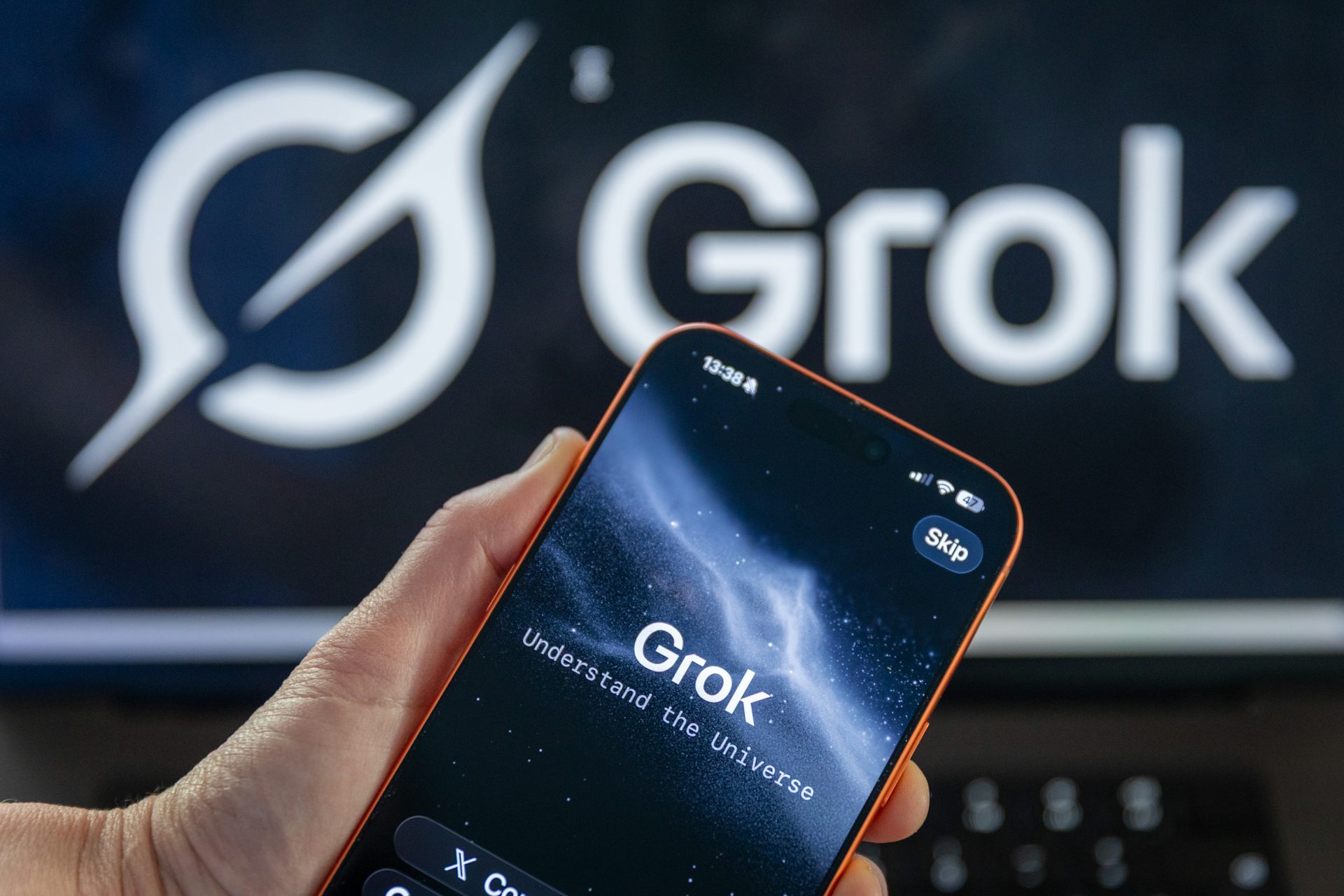Responding to work emails after hours contributes to burnout, hostility
Boundaries exist for a reason.
Image it’s Friday evening. You’re about to watch a new Netflix drama, trying to unwind after a long week. Suddenly, your phone pings with a work email marked “urgent.” Your heart sinks; your stress levels rise. Even if you choose not to respond immediately, the damage is done. Work has again encroached on your personal life.
The intrusion of work into home life, helped along by smartphones and other technologies, might seem like a triumph of efficiency. But this constant connectivity comes at a cost to employees and employers alike, research suggests.
As a professor of communications, I wanted to understand what happens when people feel compelled to dash off work emails after dinner and before breakfast. So a colleague and I conducted a study investigating the effects of after-hours work communication.
We found a disturbing link between work-related communication outside of regular hours and increased employee burnout. Answering emails after hours was linked to worse productivity, employees badmouthing their employers and other negative behaviors.
The research, conducted through a survey of 315 full-time U.S. employees across various industries, draws upon the “conservation of resources theory” to explain how after-hours communication depletes employees’ mental and emotional reserves.
The data is unequivocal: Engaging in work-related communication after regular business hours leads to emotional exhaustion, which in turn can spill over into counterproductive work behavior.
Why it matters
This scenario is increasingly common: More than half of American employees reported checking work-related messages at least once over the weekend, according to a 2013 survey conducted by the American Psychological Association. The numbers have doubtless only risen since then.
Our findings show the consequences of this shift in the modern workplace. When the boundaries between home and work are eroded, it doesn’t just hurt people’s job and life satisfaction — it affects organizational performance, too.
We have seen firsthand the long-term impact of blurred lines between work and personal time through communication technology. In my opinion, this study is a critical wake-up call, highlighting the need for clear boundaries that protect employees’ personal time from becoming just another extension of their workday.
What’s next
The blurring of work and life boundaries remains a major issue in organizational communication, and the impact of artificial intelligence has emerged as a significant research topic since ChatGPT was launched in November 2022. That’s why my team is currently exploring how AI influences skills and well-being within organizational communication.
Myoung-Gi Chon does not work for, consult, own shares in or receive funding from any company or organization that would benefit from this article, and has disclosed no relevant affiliations beyond their academic appointment.
Read These Next
Grok produces sexualized photos of women and minors for users on X – a legal scholar explains why it
Child sexual abuse material on X is clearly illegal. What’s less clear is how to force X to prevent…
Cuba’s leaders just lost an ally in Maduro − if starved of Venezuelan oil, they may also lose what r
Conditions on the ground in Cuba are so grim that the Trump administration thinks Havana could fall…
Today Venezuela, tomorrow Iran: can the Islamic Republic survive a second Trump presidency?
Perhaps no one outside of Venezuela should care more about the US invasion and capture of President…






